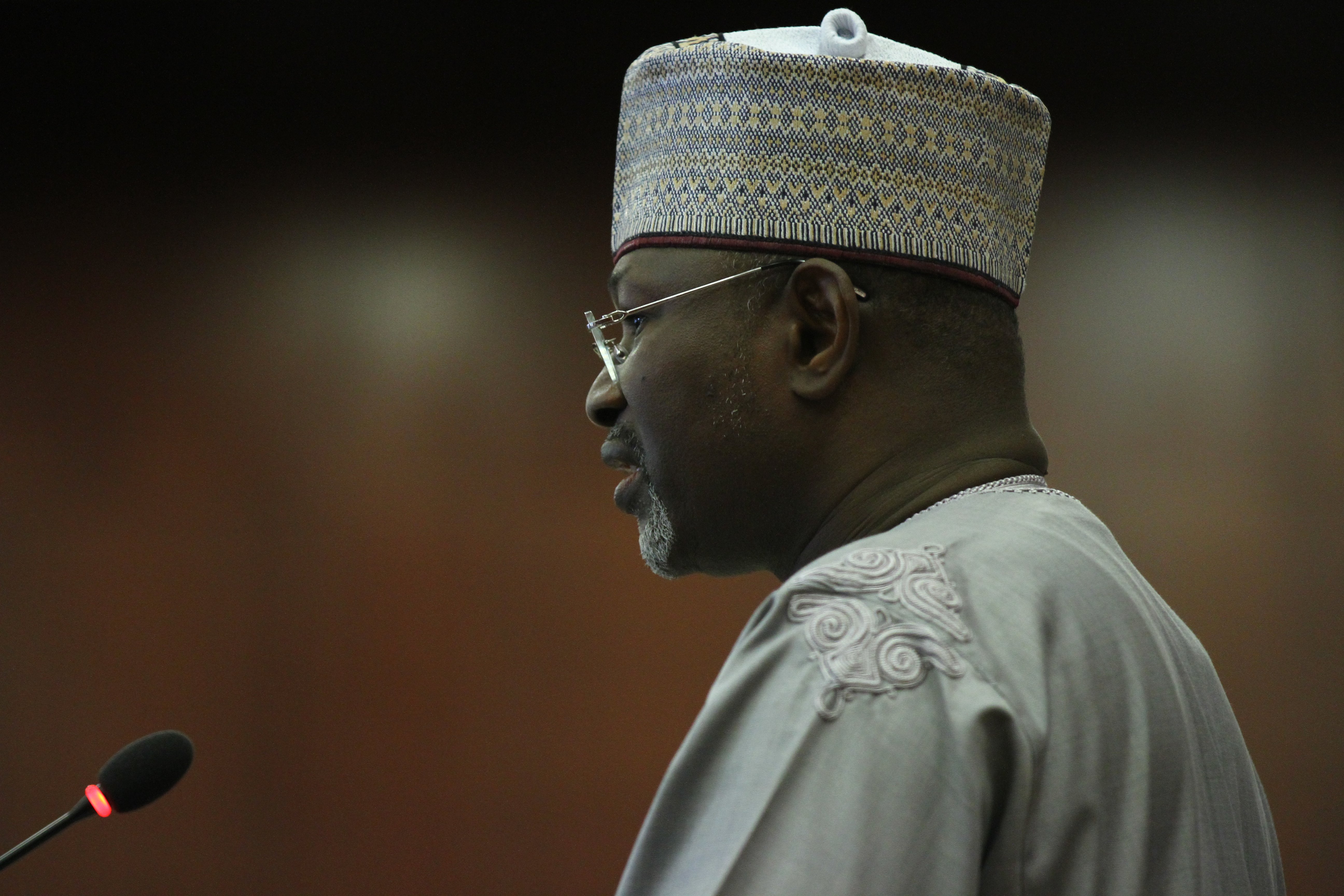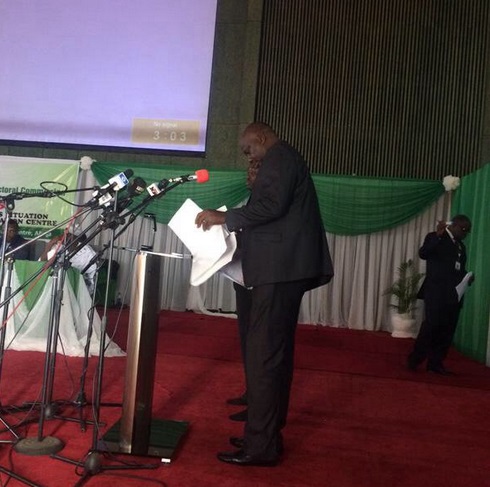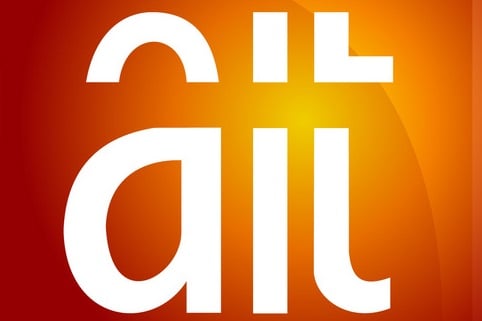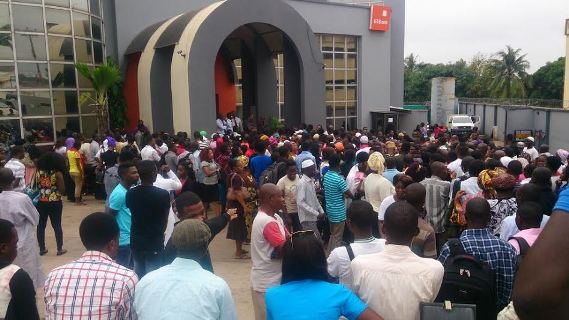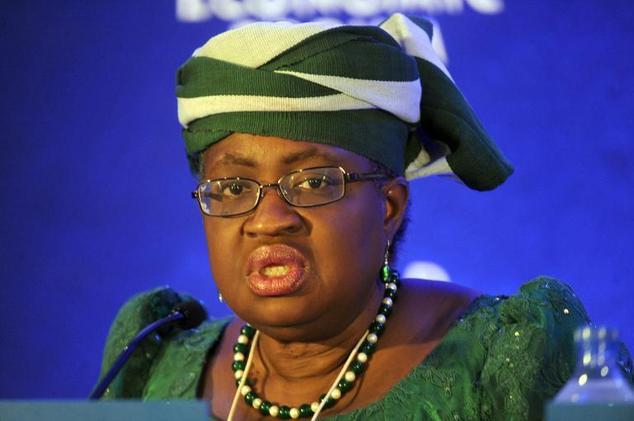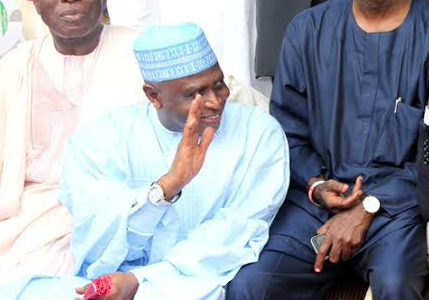Attahiru Jega, the chairman of the Independent National Electoral Commission (INEC), finally bowed out on Tuesday, June 30, 2015, after over five years of meritorious service to the nation. The strides of the academic would not leave the Nigerian public memory anytime soon.
Like every human, Jega had his ups and downs as the man at the helm of the nation’s electoral affairs. Here are seven notable events that defined his stay at INEC’s most coveted seat.
YOUTH CORPS MEMBERS FOR ELECTION DUTY
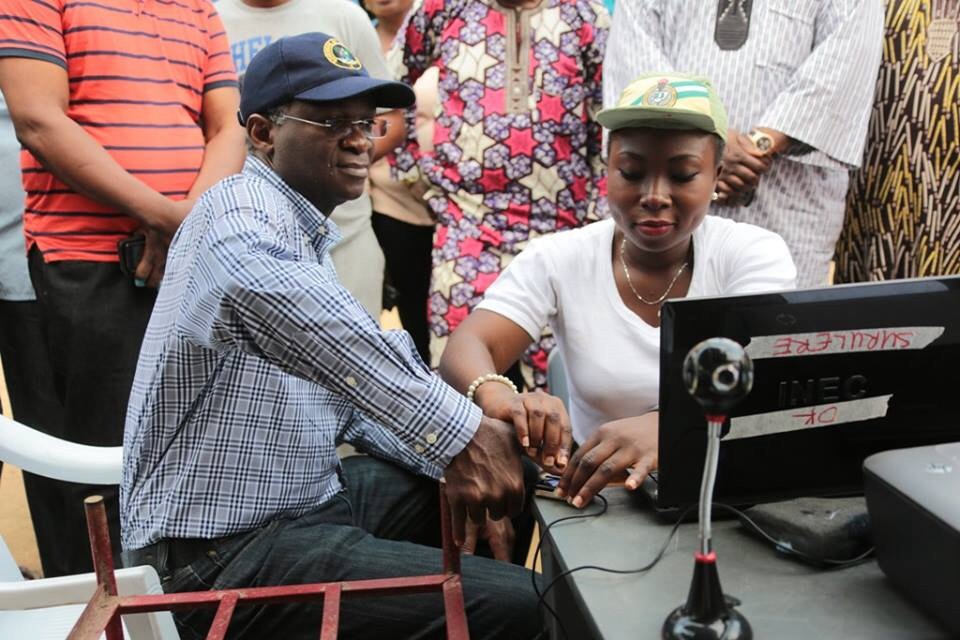
Many Nigerians actually credit Attahiru Jega for making use of youth corps members as elections workers – a step that has been seen as influential in the outcome of major elections conducted underhis five-year term. However, the use of corp members during elections started far back March 29, 2008, during the Kogi state gubernatorial re-run where corps members served as polling clerk under Maurice Iwu, Jega’s predecessor. Regardless, Jega is known to have been the man who adopted the use of corps members nationwide. He would definitely be remembered for that.
ACADEMICS AS RETURNING OFFICERS
Advertisement
The former vice chancellor of Bayero University Kano (BUK), who spoke at a dinner by the Association of Vice-Chancellors of Nigerian Universities (AVCNU) last Thursday, explained the reasons why he used academics as returning officers in the elections he conducted at INEC.
“We were looking for people with integrity; and we have no doubt that there are many people with integrity in the Nigerian university system,” he said. “So, it is like a ready-made constituency to get the kind of people we needed for the job to be done. That is not to say that only in the universities can you find people of integrity. We know that anybody who has risen in the system to become a vice-chancellor will not for anything damage his or her reputation by pandering to the wishes of politicians.”
The academics sure brought ample credibility to the process, another high for the revered professor of political science.
Advertisement
POSTPONEMENTS AND ATTENDANT VIOLENCE
It was Olawale Asimi, popularly known as Brymo, in his song Never Look Back, who said: “The world is so cold and reckless. The high and lows are endless, so defenceless.” This line from Brymo’s lyrical ingenuity, perfectly defines a particular situation in Jega’s reign at INEC. This was in 2011, when the general election was postponed on the day, the elections were billed to hold due to logistical failures in INEC’s plan.
“The commission weighed all the options and considered the wide-ranging counsel of Nigerians and decided to reschedule all the elections as follows: Saturday, April 9, senate and house of representatives elections,” Jega told journalists on April 3, 2011. “Saturday, April 16, presidential elections; Tuesday, April 26, state houses of assembly and governorship elections.”
This postponement led to pockets of violence in northern Nigeria, as many of the voters thought corps members in the region had sold the voting materials to the opposing party. According to Human rights watch (HRW) that election eventually saw the death of 10 corps members. Elections were also postponed in 2015, this time for six weeks in what Jega referred to as being beyond him.
Advertisement
CARD READER AND PVCs
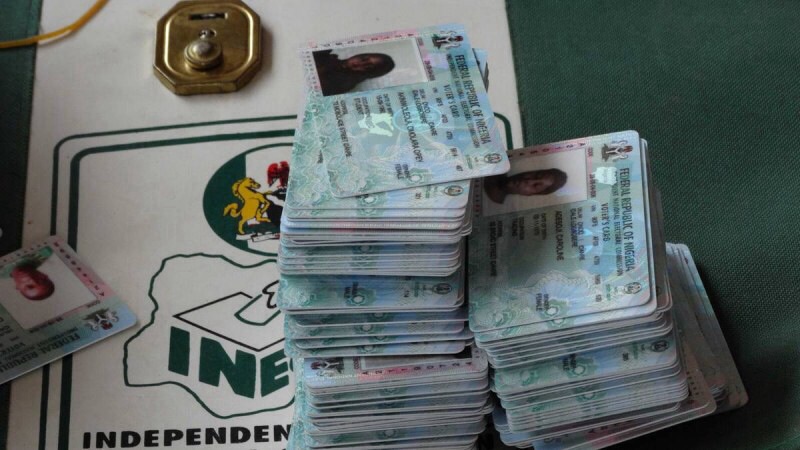
Prior to the 2015 general election, there were reported pressures from the presidency and the Peoples Democratic Party (PDP) on the Jega-led INEC, to dump the card reader technology, Jega was proposing. This necessitated a call from the United States (US) vice president, backing the technology. The card readers were largely successful, though failing to accredit the former president, Goodluck Jonathan on three attempts. Briefly after the 2015 elections, James Entwistle, the US envoy to Nigeria, said he was going to recommend the technology to the US to drive more credible polls in the world’s leading nation. This indeed was another high for Jega’s introduction of card readers and permanent voter cards.
FUNDS AND POOR UTILISATION
Jega-led INEC is seen as perhaps the most buoyant electoral umpire in the history of Nigeria’s electioneering process, and also criticised for not using the funds effectively and efficiently. In August 2010, the national assembly approved an N87.9b budget for INEC to prepare for the 2011 elections. About N74.6 billion was set aside from the total for the preparation of a new voter register, which eventually came up with too many double registrants, for which Jega was criticised.
For the 2015 elections the commission had a similar budget, which brought more criticism, when about 1 million PVCs were said not to have been printed few days to the elections. Even as he bows out, Jega still acknowledges that one of his regrets was the inability to implement a different salary structure for INEC officials.
SOCIAL MEDIA SAVVY INEC

The social media under Jega was definitely the most active in Nigeria’s 54-year history. The 58-year-old was not left behind as his administration supervised one most vibrant social media account during the 2015 election @inecnigeria on twitter and Facebook. With over 234,000 followers on Facebook, and 385,000 on twitter, Jega’s INEC is adjudged to have the largest social media following among all electoral bodies in Africa. This strong social media presence was used to push an up-to-the-second INEC, with results and other necessary information being uploaded by the second for Nigerians and foreign observers alike. Jega’s INEC was a social media INEC too.
Advertisement
GODSDAY ORUBEBE
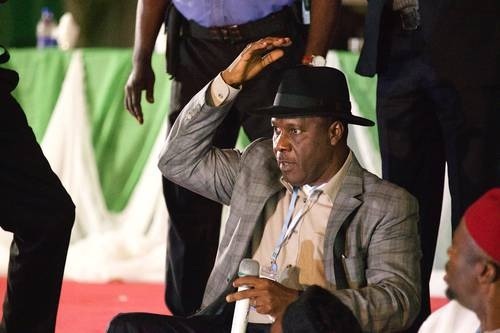
Attahiru Jega would definitely look back at his tenure as the chief umpire and appreciate the “best”, Godsday Orubebe brought out of him. As results were being announced at the international conference centre (ICC), Abuja, One of Goodluck Jonathan’s men, who saw his party, the PDP trailing in the election attempted to disrupt the electoral process – which was being aired across the world on live TV. Orubebe accused Jega of being tribalistic, favouring the results which came in from the north over that of the south.
“Jega is tribalistic and partial; we will not take it. We will not take it. Let him check Kano result, let him check Kaduna result, we sent him our protest Jega didn’t take it. When it came to Rivers State, he was hurrying going to Rivers State. We cannot take it. We are not fighting; we will not take it,” he said as he sat on the floor protesting. “Jega, do something. Let him set up a committee. Let Jega set up a committee to go to Kano,to go to Katsinan, to go to Kaduna, to go to Jigawa; otherwise we will not take it.”
Advertisement
Jega’s response to Orubebe is seen as the height of Jega’s stay at INEC. He was calm, collected and gave apt response that made him the man-in-charge and the hero of the 2015 elections.
Among other things, Jega said: “With regards to what you said about results allegedly published by the APC on its website, I do not give results to anybody. The results will be announced formally by INEC as declared here. So, as far as I am concerned, I have not seen any results. I have not given anybody any results. For you to even engage me on that issue, I think frankly it is not fair to me. I have not seen any results; how can I speak about something I have not seen?
Advertisement
“Let us be careful about what we say or do and let us not disrupt a process that has ended peacefully and in a matter of hours, we will be able to finish it. Mr. Orubebe, you were a former Minister of the Federal Republic; you are a statesman in your own right; you should be careful about what you say or what allegations or accusations you make and certainly you should be careful about your public conduct.”
In all, Jega would never be forgotten in the annals of Nigeria’s history as the man of integrity, who oversaw a successful election leading to the first transfer of federal power to an opposition party. According to him, “what is integrity if it can’t be tested?”
Advertisement
Add a comment

